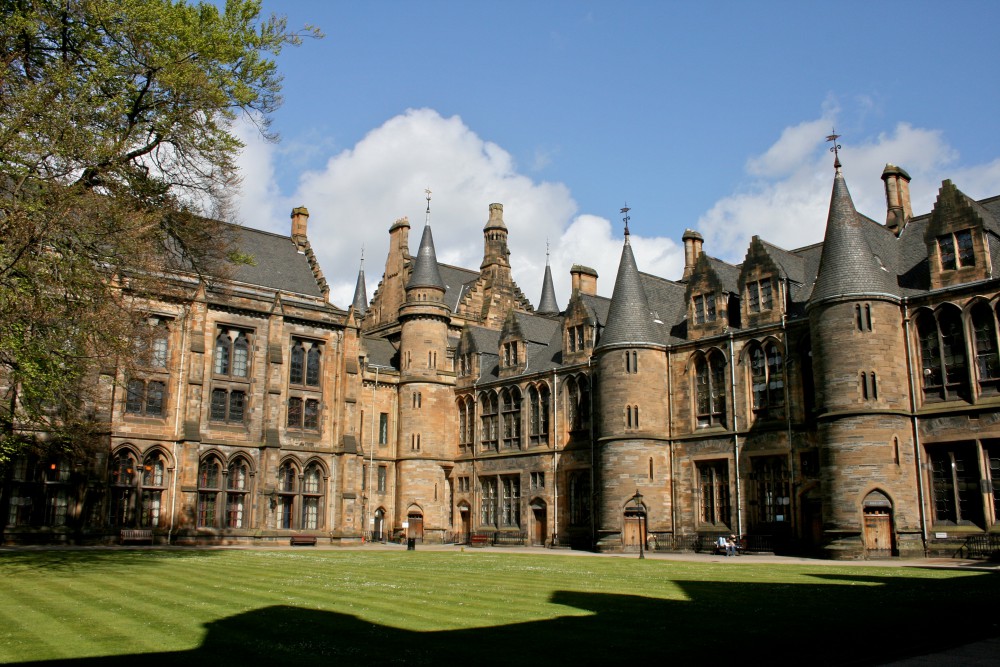GLASGOW UNIVERSITY has spent £40,000 on “science fiction” fingerprint technology to track their cleaners.
Biometric tracking is often used by employers to analyse attendance records and track work output by logging where staff are at all times.
In the past the technology has been criticised for letting employers keep tabs on workers in an intrusive way.
But now it has been revealed that Glasgow University spent £40,000 tracking cleaners of their campus buildings.
Documents revealed through Freedom of Information (FOI) requests revealed that in 2011 the Russell Group university installed 11 biometric kiosks at two of its campuses.
It is understood that the high-tech kiosks were used to track staff as they clocked in and out of work – although they may have been used to track time spent on tasks.
According to university documents the kiosks cost a total of £39,225.

University bosses said: “The system was piloted with a small number of cleaning staff, but due to hardware issues never went fully live.”
But trade unions and privacy groups have hit out at the university’s use of the technology as “treating people like robots”.
Stephen Boyd – assistant secretary of the Scottish Trades Union Congress said: “Only ignorant employers still believe that discretionary work effort can be maximised by treating people like robots.
“This system epitomises the kind of intrusive, command and control management practices that really should be consigned to the last century.
“Any incremental gains in time management will be heavily outweighed by the effects of plummeting morale.
“Surely it is reasonable to expect Glasgow University of all places to be more enlightened about work in the 21st century?”
Scottish Liberal Democrat justice spokeswoman Alison McInnes said: “These reports raise real questions over the way that Glasgow University thinks is appropriate to treat staff.
“Biometric scanners sound more like something from a science fiction novel than a workplace in Scotland today.
“It is also unclear how the information that they collect will be used and what safeguards would have been in place to protect people’s private data.
“The fact that this scheme never went fully live is welcome, but there are questions over why this approach was even considered in the first place.”
Jim Killock – executive director of digital privacy campaigners the Open Rights Group – said: “Biometrics are a particularly intrusive kind of authentication which ought to be used sparingly.
“It is easy to decide to monitor employees. Often it is seen as a replacement for proper management.
“However, the message it sends can be one of distrust and it risks dehumanising relationships.
“There are often better ways to improve workplace performance.
And, he added: “Fingerprints cannot be changed, should data be compromised. Staff should be given information about how these systems are managing such risks.”
A spokesman for the university said: “Any decision to implement a system of this kind would take place only after full consultation with colleagues involved.”

